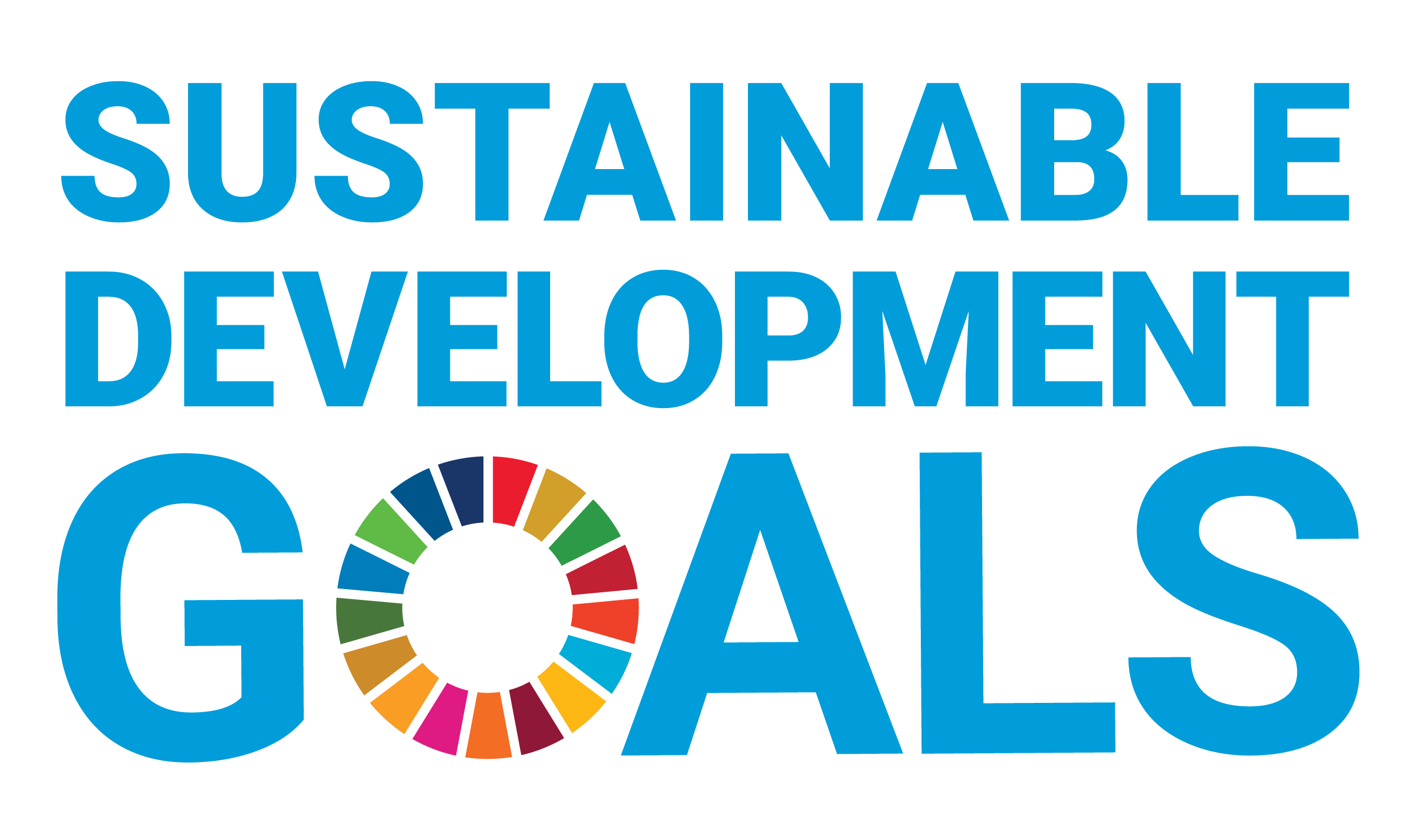Coping Behaviors of Filipino Students During the COVID-19 Pandemic: A Contextual Application of the PERMA-H Framework
Document Type
Article
Publication Date
2024
Abstract
This study utilized an interdisciplinary approach within behavioral science to understand the coping behaviors among undergraduate students in a low- and middle-income country (the Philippines) during the occurrence phase of a global crisis. In the context of the COVID-19 pandemic, this period was marked by strict physical restrictions and a shift to remote learning. The PERMA-H framework was utilized to identify the coping behaviors of students and how these behaviors improved their well-being through each domain of the framework: positive emotions, engagement, relationships, meaning, accomplishments, and physical health. Qualitative data was gathered from 110 undergraduate students through an online survey about their coping behaviors during the community quarantines in 2020. Deductive thematic analysis yielded 17 themes across the six domains. Examples of themes include indulging in personal hobbies, practicing self-improvement, and reconnecting with family and friends, with the behaviors producing positive effects relative to the domain (e.g., behaviors under positive emotions enhanced feelings of joy, productivity, comfort, and companionship; behaviors under engagement led to greater control and involvement in their lives). The study highlighted the relevance of the PERMA-H framework in understanding the impact of actions on the well-being among students during a crisis, as well as the importance of including the physical health domain within the framework. Findings suggest various ways to enhance well-being among students in rapidly changing environments, such as providing opportunities for extra-curricular activities, promoting physical health, and enhancing relationships.
Recommended Citation
Ng, C. A., Lasala, A. C. F., De Vera, J. F. S., & Caringal-Go, J. F. (2024). Coping Behaviors of Filipino Students During the COVID-19 Pandemic: A Contextual Application of the PERMA-H Framework. The Journal of Behavioral Science, 19(1), 1-17.



